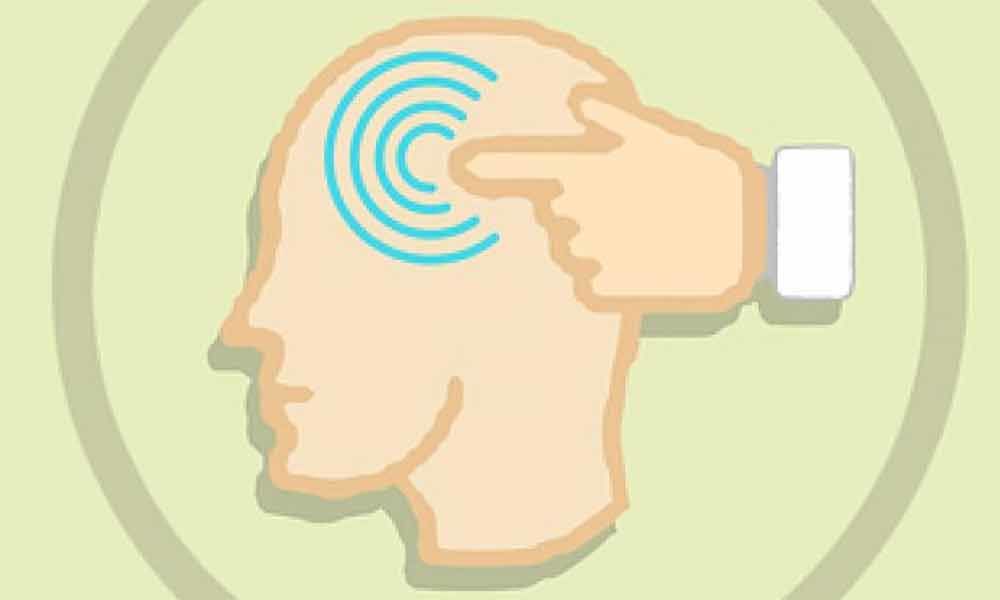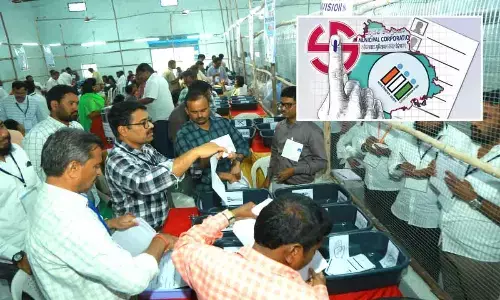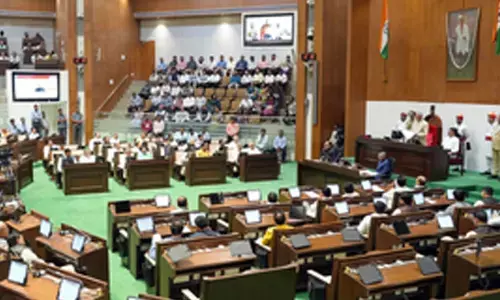Know how your brain helps you make decisions

How the brain helps us make good or bad decisions.
Washington: Ever wonder what process does your brain follow when there is a decision to be made - good or bad? Yale researchers have found that three distinct circuits connecting to different brain regions are involved in making decisions.
"Specific decision-making computations are altered in individuals with mental illness," said Jane Taylor, professor of psychiatry and senior author of the study. "Our results suggest that these impairments may be linked to dysfunction within distinct neural circuits."
According to the team of researchers, specific decision-making computations are altered in individuals with mental illness. "Our results suggest that these impairments may be linked to dysfunction within distinct neural circuits," said Taylor.
As part of the study, published in the journal of Neuron, researchers used a new tool to manipulate brain circuits in rats while they were making choices between actions that led to them receiving rewards or no rewards.
The authors found that decision-making is not confined to the orbital frontal cortex, the seat of higher order thinking. Instead, brain circuits from the orbital frontal cortex connecting to deeper brain regions performed three different decision-making calculations.
"There are at least three individual processes that combine in unique ways to help us to make good decisions," said Stephanie Groman, associate research scientist of psychiatry and lead author of the research.
Groman says an analogy would be deciding on a restaurant for dinner. If restaurant A has good food, one brain circuit is activated. If the food is bad, a different circuit is activated. A third circuit records the memories of the experience, good or bad. All three are crucial to decision-making, Groman says.
For instance, without the "good choice" circuit you may not return to the restaurant with good food and without the "bad choice" circuit you might not avoid the restaurant with bad food. The third "memory" circuit is crucial in making decisions such as whether to return to the restaurant after receiving one bad meal after several good ones.
Alterations to these circuits may help explain a hallmark of addiction - why people continue to make harmful choices even after repeated negative experiences, researchers say.









